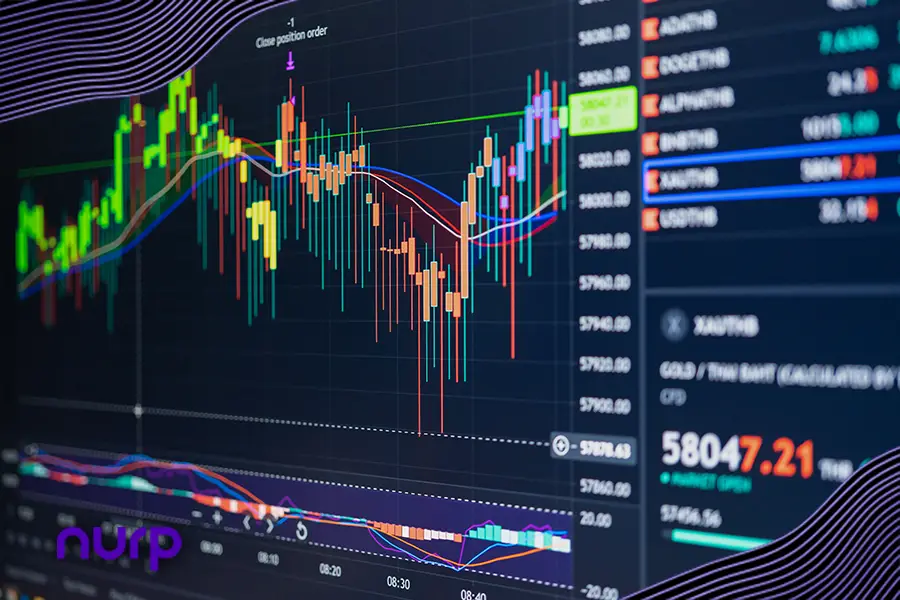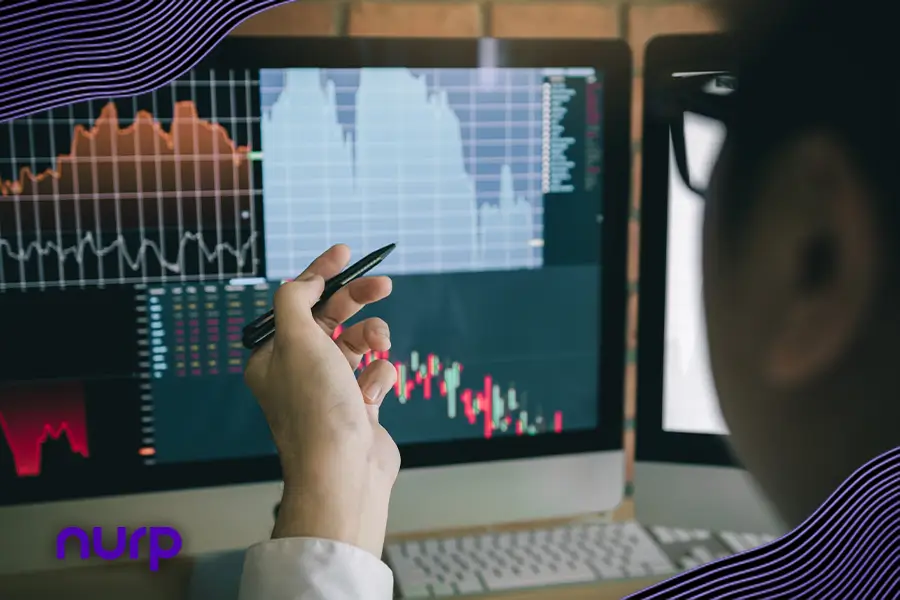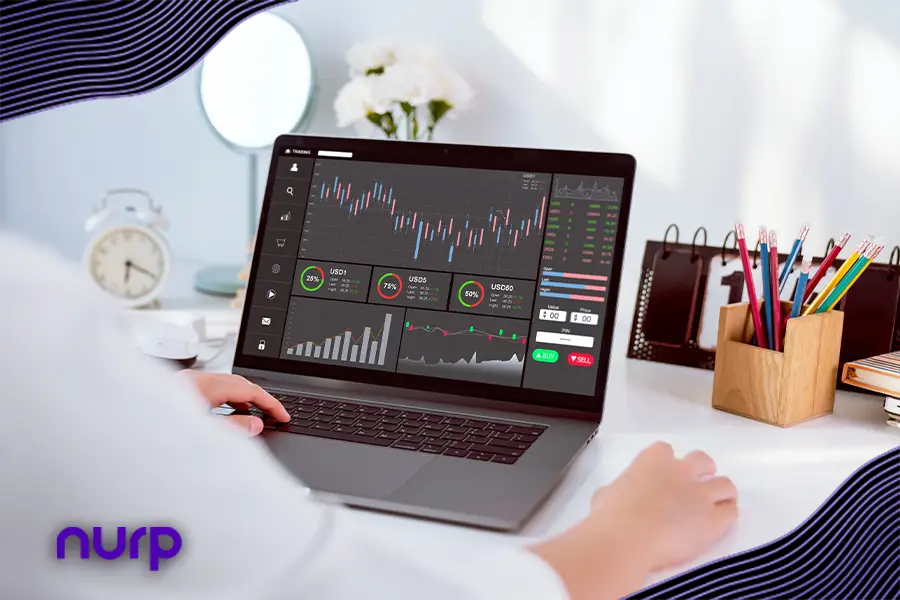If your wealth is completely in tandem with the economy, then you do not have your portfolio dialed in for the appropriate upside that you may be looking for in the future. For instance, if the economy is doing poorly and your wealth seems to be doing the same alongside the economy, then you are clearly not diversified appropriately. On the other hand, if the economy is doing extremely well and your wealth is doing extremely well alongside it, then again, you still do not have your portfolio diversified enough to reap the most upside potential for your future.
In this video, I want to go over the exact reasons why it is extremely important to have uncorrelated assets in your portfolio. Without further ado, let’s get straight to it. Welcome! If you’re new to the channel, my name is Matt Jimenez. I’m an entrepreneur who has worked with the greatest minds in finance over the last several years, and I’m here to share with you everything that they have shared with me. In this video, I want to emphasize the importance of finding an asset or a vehicle that is uncorrelated to the economy.
Even for you day traders, it is extremely important to understand the significance of non-correlated and correlated assets. While you’re in and out of these trades, if you have contradicting trades that are completely correlated, you may be undermining your long-term profitability. This could be a reason why you have never turned a profit with manual trading. First, let’s discuss the importance of uncorrelated assets.
If you don’t understand what an uncorrelated asset is, simply put, it is an investment that is not correlated with the performance of the overall broader markets, like the economy. Whether the economy is in a recession or a bull market, your portfolio or this asset does not reflect the performance of that particular market. This means that even during a recession, you could still be earning the same amount of gains in your portfolio as you would during a bull market. This is extremely important because economic uncertainties are prevalent in our past, present, and future.
If you do not have something to offset these unpredictable situations, you may be subjected to long, drawn-out recessions that can take up to a decade to recoup the gains. Additionally, you would need to time the market in a bull market just to capitalize on your potential wealth. Diversifying your portfolio mitigates the amount of risk and exposure you have, which often leads to far more upside in the long run because you are not subjected to volatile swings. The more diverse your portfolio is, the less volatile it becomes.
For instance, let’s say your portfolio is heavily invested in equities. Equities are pretty much in tandem with how well the economy is doing. A portfolio heavy in equities is subject to all the volatile market conditions of our economy, such as changes in interest rates, quantitative easing, and quantitative tightening—all of which you cannot control. If you’re invested in equities or traditional markets, you are likely affected by these economic factors.
Surprisingly, having uncorrelated assets helps with stability. Imagine your portfolio as a pie chart with a small piece allocated to equities and the other to something completely non-correlated with equities. When equities perform poorly, instead of your portfolio being dragged down, the uncorrelated asset offsets the performance of the equities. This allows your portfolio to continue to rise rather than being affected by the performance of equities. This is the purpose of having uncorrelated assets: to protect against super volatile times and maintain stability. During these times, your portfolio still performs because uncorrelated assets typically aren’t affected by the performance of broader markets.
Now, I’d like to list a few uncorrelated assets that you could potentially look at to help diversify your portfolio and keep you safe for long-term gains and during Black Swan events where everything crashes. Hopefully, you have something in your portfolio that is bulletproof against such events, allowing you to still perform well.
As mentioned at the beginning of this video, if your wealth is tied to the timing of market exits, you are shackled to the performance of the economy. Timing the market is nearly impossible, and attempting to do so means you may never reap the most reward for your time invested. Conversely, if your wealth is tied to a recession, it may take a decade or more to recover, leaving your wealth stagnant or in decline for an extended period. This is counterproductive to your future goals. Having uncorrelated assets will hedge against this and keep you safe.
To list a few uncorrelated assets: real estate, commodities, currencies, and alternative investments like hedge funds. With the progression of technology, alternative assets are broadening, and we are finding more ways to identify uncorrelated assets using technology. For instance, algorithmic trading, which has been heavily used in investment banking and hedge funds, is now becoming more accessible to retail investors. These algorithmic software programs trade for you, playing both sides of the field (long and short) with high frequency. This means you are not subjected to holding an asset long enough to experience all of its volatility.
There is no such thing as passive income, but leveraging technology to trade for you is probably the closest thing to it. It captures micro movements with leverage, requiring minimal effort from you. You might be thinking about Bitcoin and crypto. Yes, crypto is an alternative asset, but if you compare Bitcoin’s performance with the S&P 500, you’ll notice they are pretty much in tandem. Bitcoin was initially thought to be an uncorrelated asset, but it has shown to be closely correlated with traditional equities. Some altcoins might perform uncorrelated, but this is often short-lived.
I don’t find it feasible to rely on the crypto market as an uncorrelated asset. There are too many projects and too much effort required to find suitable ones. Instead, I leverage technology for uncorrelated asset performance. When comparing the performance of algorithmic trading software to real estate or commodities, the technology typically performs better. If you’re interested in licensing software that can trade for you and experience uncorrelated gains, check the link in the comments and description below.
If you enjoyed this video, please leave a like, subscribe, or give a thumbs up. As always, my friends, peace.
Please visit Make Money During Any Economic Storm to watch the video on YouTube!
The post Make Money During Any Economic Storm first appeared on Nurp.com.





